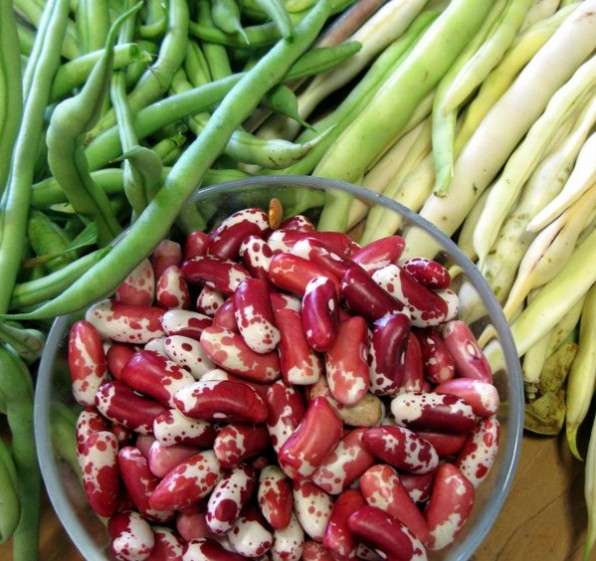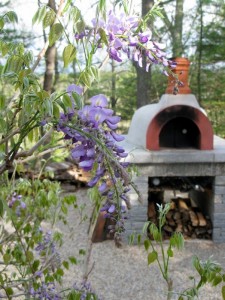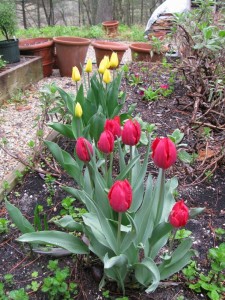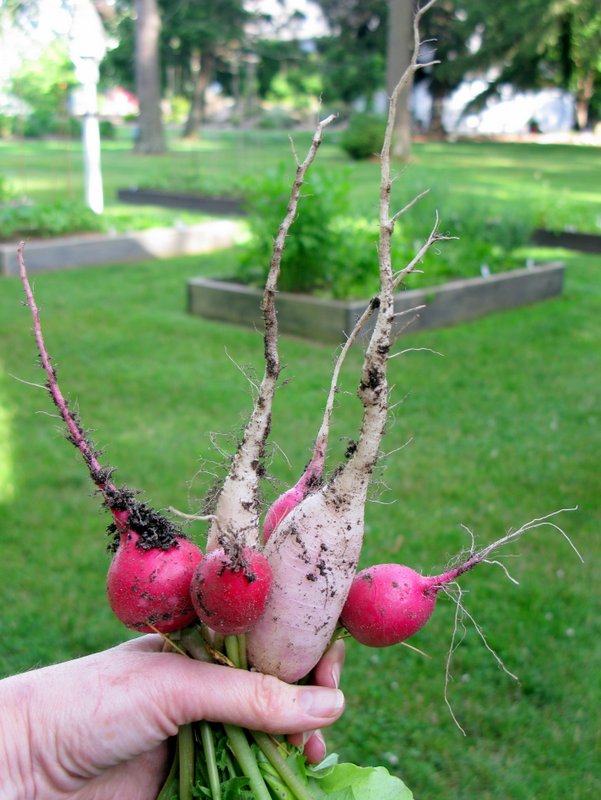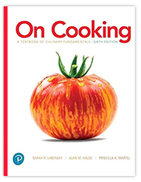Brutal weather grips much of the country. The raised bed where we traditionally plant peas on St. Patrick’s Day sits under 6 feet of snow. An upcoming trip to Boston, where brawls break out over shoveled-out parking spaces, terrifies me. Bostonians want the city declared a disaster area.
Yet today I committed an Act of Optimism. I ordered seeds from Pinetree Garden Seeds out of New Gloucester, Maine. A talented gardener and friend introduced me to the company and its Emerite French green beans, as long and straight as Number 2 pencils. I had much success with those and other beans as well as mixed greens, cucumbers, kale, radishes, spinach and my special success, carrots. If they can grow it, we sure can too.
New Gloucester, Maine, a few towns northwest of Portland and the Casco Bay, is home to the last living Shaker community, the Sabbathday Lake Shaker Village. Nineteenth-century Shakers respected the land, grew diverse crops and were among the first to package and sell their seeds. Growing medicinal herbs became a source of their income. (Shaker communities in MT Lebanon, NY and Union, Ohio grew poppies for opium.)
I share no spiritual practices and few traits with the Shakers except for a respect of nature. And a love of gardening. May we all be blessed this season.
Kitchen Notebook:
The red shelled beans pictured above are called Jacob’s Cattle. They made the creamiest stewed beans, so delicious that my mother asked me to make her some more. Of course we only got a few pounds of dried beans in 2014. She’ll have to wait at least 10 months for that dish again. The oversize radishes are from a seed mix that Pinetree sells.
A thoughtful history of Shaker herb and garden practices can be read in Mother Earth Living.
The Sabbathday Lake Shaker Village community hosts a spring music festival in June and sells some of its herbs mail-order. Road trip material.

